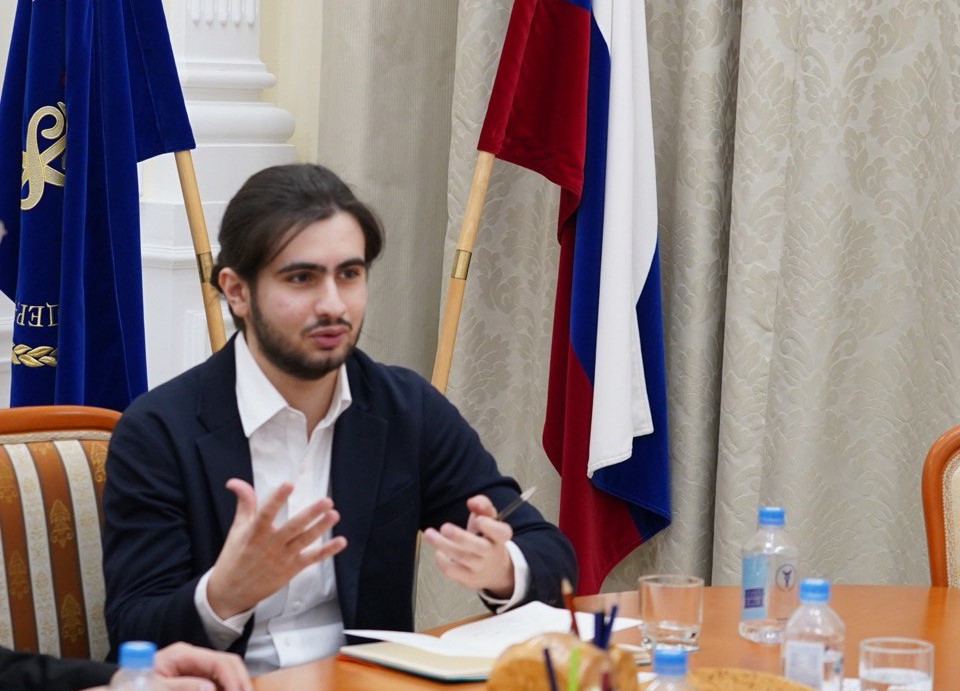
News


Asya Karimova, a Junior Research Fellow of the Center for sociocultural research, took part in the International Conference “VECTORS 2025”


The work was carried out in cooperation with LLC "LIFT Center".
The study is devoted to the development of a method for optimizing the location of sensors in magnetoencephalography, taking into account realistic noise conditions.
Alexandra Razorenova, Anna Butorina, Ekaterina Skidchenko, Maxim Ostras, Alexei Ossadtchi, Nikolay Koshev.
The study is devoted to the development of a method for optimizing the location of sensors in magnetoencephalography, taking into account realistic noise conditions.
Alexandra Razorenova, Anna Butorina, Ekaterina Skidchenko, Maxim Ostras, Alexei Ossadtchi, Nikolay Koshev.

jpg.jpg)


The seminar will be held at 17:00, February 27 (Thursday), 2025, in auditorium 501 (Academic Council Hall), MIEM. Everyone is invited to attend.
